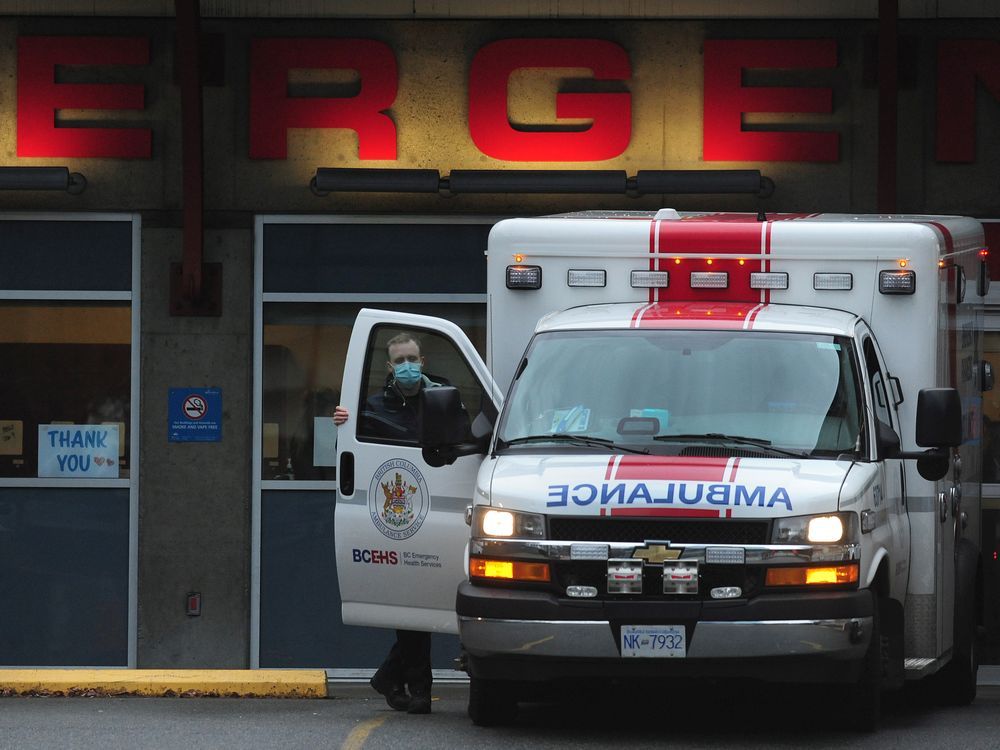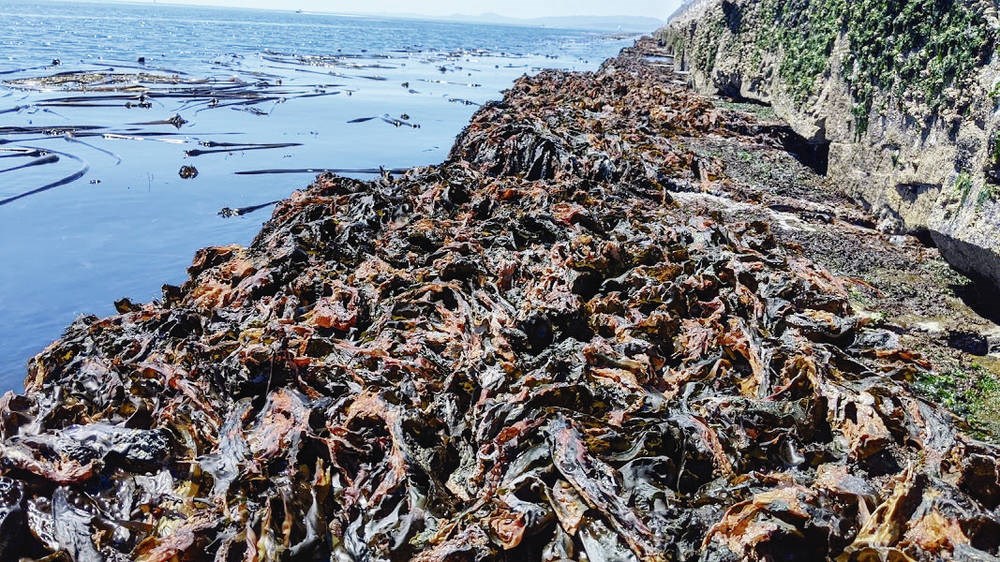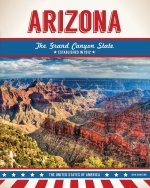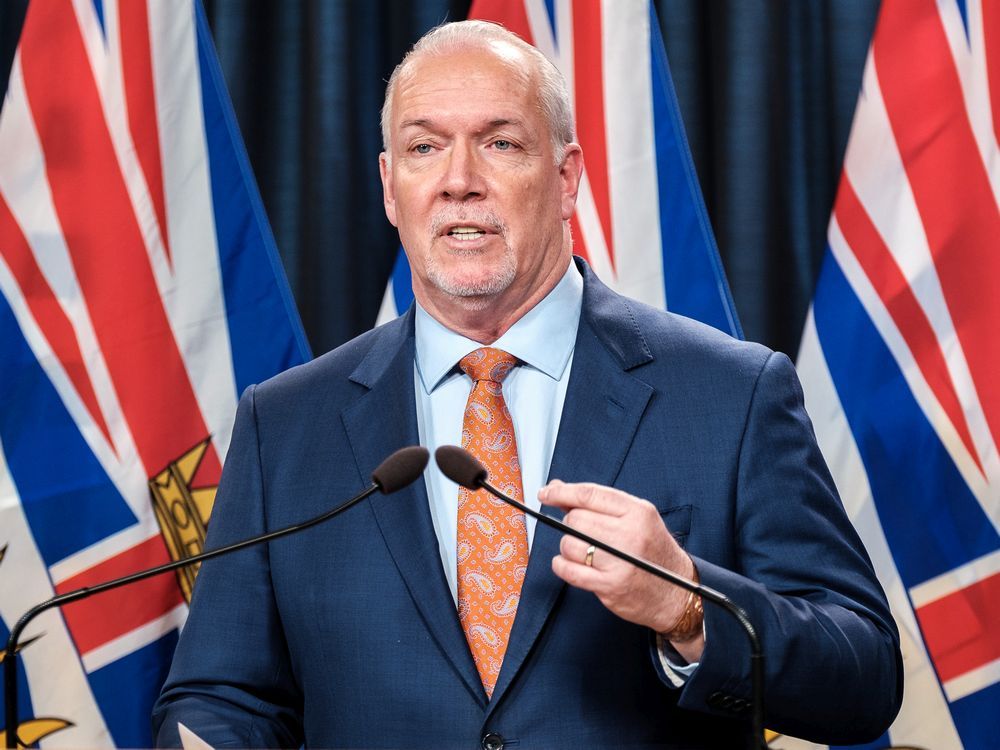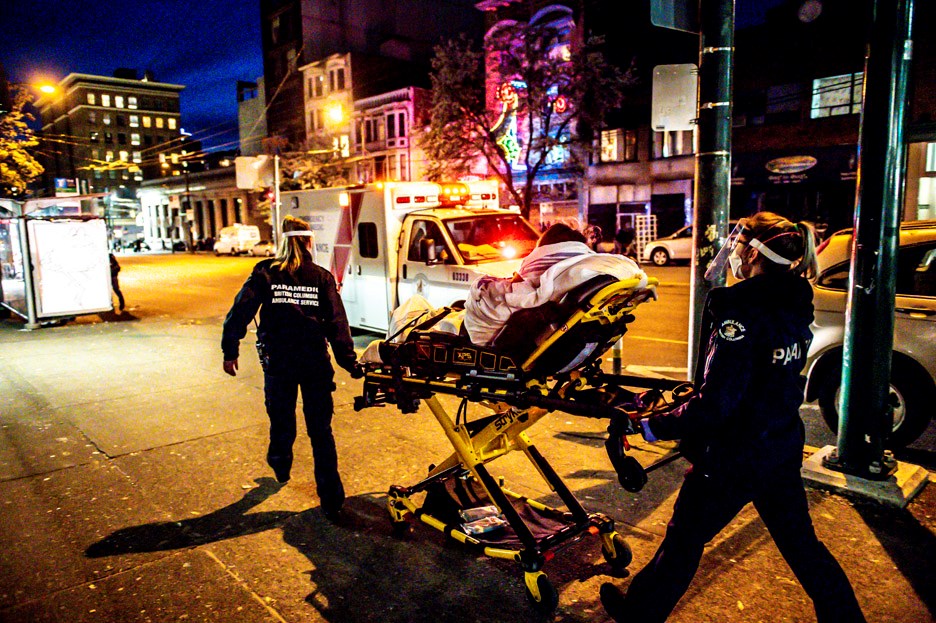daftandbarmy
Army.ca Dinosaur
- Reaction score
- 31,885
- Points
- 1,160
I got a heads up from my friend in the RCMP that things were falling apart before it hit the press, the people on the ground could see it happening.
Speaking of 'heads', there's a petition for scalps...
Fire BCEHS COO Darlene MacKinnon
We need to fill those ambulances with paramedics. We need the police and firefighters freed up from long waits for (too few and too busy) ambulances. We need paramedics to receive equitable pay so they don't have to get another job to pay the bills. Pay them as though your life depends on it!
Please consider signing this petition
BC suffered a record breaking heat wave this past weekend, one that proved to be deadly, with over 500+ (and counting) deaths attributed to it by the Coroner's Service. Not only was this heat wave deadly, it was PREDICTED A WEEK IN ADVANCE. And the BCEHS Senior management team did NOTHING to prepare.
Paramedics on duty reported going from hopeless cardiac arrest to hopeless cardiac arrest, the patients having waited hours for help before dying. Dispatch staff reported hundreds of calls waiting in queue to be dispatched, and callers waiting up to 17 mins to have their 911 calls be answered.
Despite ample warnings raised by staff about the potential for massively increased call volumes, BCEHS did not upstaff any ambulances or dispatch centers, did not permit its paramedics to wear more weather appropriate uniforms, and did not even acknowledge the crisis until it was in its 4th day! The acknowledgement was in the form of a faceless email memo "permitting staff to wear tee shirts and carry water bottles". This was followed up by an emotionless media interview by COO Darlene MacKinnon, who stated "I think we did a really good job".





